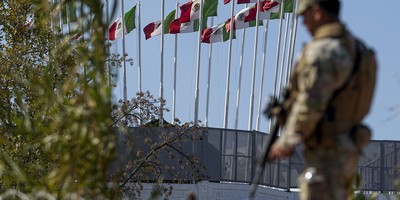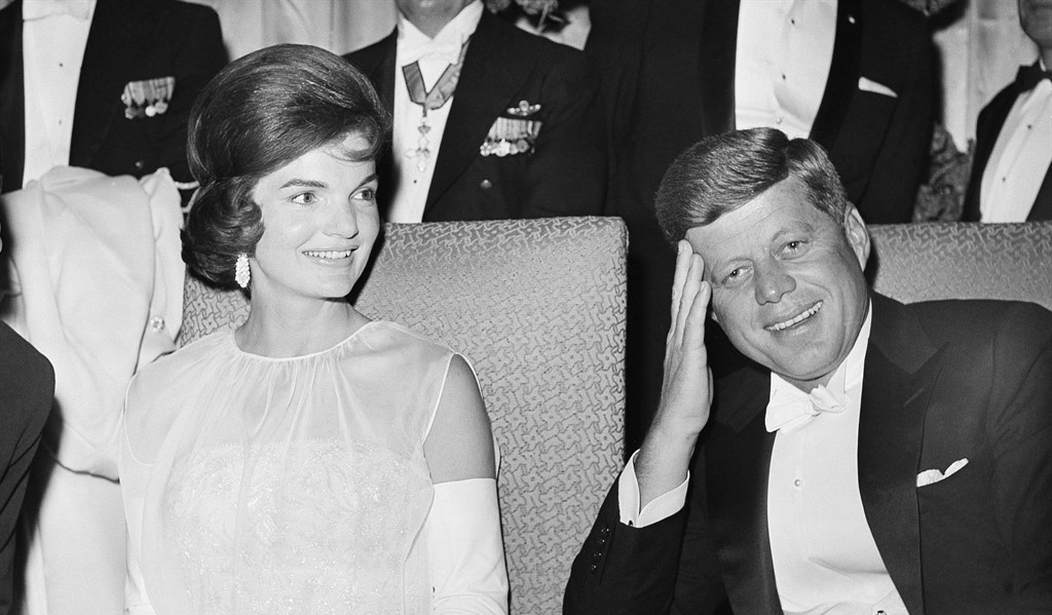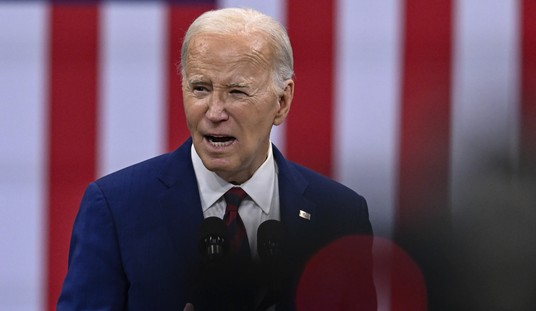In this current era of no compulsory military service, Veterans Day takes on personal meaning to fewer and fewer Americans.
When the country transitioned to a voluntary military in 1973, about 1% of the population served on active duty. Today, it is less than one-half of 1%.
But perhaps we can take it further and say that the idea of compulsory service of any kind has personal meaning to fewer and fewer Americans.
This brings to mind the famous words of newly elected President John F. Kennedy in his inaugural address, on Jan. 20, 1961, 60 years before our next president will be administered the oath of office, in January 2021.
Kennedy said, "And so, my fellow Americans: Ask not what your country can do for you; ask what you can do for your country. My fellow citizens of the world: Ask not what America will do for you but what together we can do for the freedom of man."
Reading over Kennedy's words from that time, one can barely recognize the country he was speaking to. Nor is Kennedy's Democratic Party, whose mantle he carried, recognizable compared with what it has become today.
Today, amidst the politics of blame, grievance and victimhood, it has all but been forgotten that the Democratic Party once delivered a president who spoke about national service and self-sacrifice.
Here's how Kennedy opened that address: "The world is very different now. ... And yet, the same revolutionary beliefs for which our forebears fought are still at issue around the globe -- the belief that the rights of man come not from the generosity of the state but from the hand of God."
When Kennedy spoke those words, in public school, American children were still allowed to read from the Bible and pray.
Recommended
Abortion was illegal.
Seventy-five percent of American adults ages 18 and above were married, compared with 50% today.
A little over 5% of American babies were born to unwed mothers, compared with over 40% today.
The national debt stood at 53% of the gross domestic product, or GDP. The Congressional Budget Office projects national debt will reach 98% of GDP this year, 107% of GDP by 2023 (the highest in the nation's history) and 195% by 2050.
The legislation that most defined Kennedy's short presidency was one of the most sweeping cuts of taxes in American history. Marginal tax rates were cut 30% over two years, and corporate tax rates were reduced.
The result was a surge in the economy and revenues to the federal government. As reported by Cato Institute scholar Alan Reynolds, federal revenues rose 29% over the four years following those tax cuts.
Did the United States have problems in 1960? Of course. We know about the racial problems. It was not until 1964 that the Civil Rights Act was passed.
But failure to live up to ideals is a problem in man, not in the ideals.
Today, speaking about the ideals of America's founding -- speaking about one free nation under God, as President Kennedy did -- opens one up to being called a racist.
America's minorities today constitute America's future. Fifty-nine percent of minorities are under the age of 37. Forty-three percent of the white population is under 37.
These nonwhite Americans will inherit a country strapped with staggering debt, a country of broken families, a country that is aging due to diminishing birth rates, a country of sluggish economic growth due to big government and socialism.
Black and Hispanic Americans should think about whether this is the country they really want for their children and grandchildren. Or whether they would prefer the ideals of one nation under God, the founding ideals that President Kennedy talked about, where individuals seek personal responsibility to build and be part of and serve something greater than themselves.
In other words, whether they really want to be free.
Star Parker is president of the Center for Urban Renewal and Education and author of the new book "Necessary Noise: How Donald Trump Inflames the Culture War and Why This is Good News for America." Readers can respond to Star's column by emailing star-parker@urbancure.org.

























Join the conversation as a VIP Member